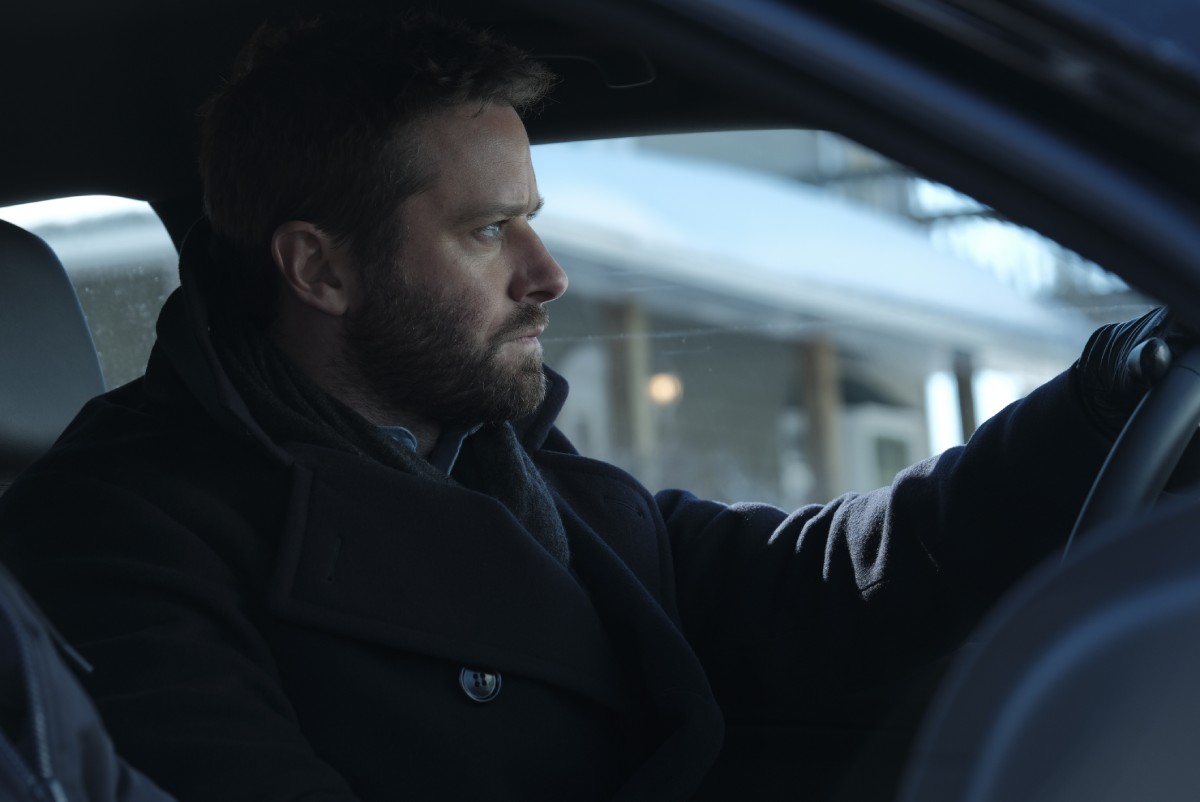The brutal opioid crisis in America deserves an all-encompassing epic, and that is what filmmaker Nicholas Jarecki is determined to deliver with Crisis. And while his new film, which he both wrote and directed, certainly has the cast and the scope to succeed, there is not quite enough meat on its bones. In short, Jarecki’s narrative reach exceeds its grasp. Despite all that’s going on, there is precious little to latch on to.
The obvious (and perhaps lazy) cinematic comparison here is Steven Soderbergh’s Traffic, the celebrated drug war drama from the year 2000. Both films introduce multiple plot threads that all connect somewhere along the drug-trafficked chain. In Crisis, we follow Jake Kelly (Armie Hammer), a DEA agent at the razor’s edge of bringing down multiple elements of an international opioid smuggling operation; Claire Reimann (Evangeline Lilly), a recovering addict who’s struck a tragic blow that places her on a path of vengeance; Dr. Tyrone Brower (Gary Oldman), a scientist whose trials on a new, non-addictive oxycodone alternative prove the opposite. Unfortunately, the lab he uses in the college at which he teaches is paid for by the pharmaceutical company making the drug. Luke Evans leans into a shady pharma executive performance, while Greg Kinnear plays a university chair warning Dr. Brower to forget about the foreboding tests. There’s also small appearances by Scott Mescudi, Michelle Rodriguez, Indira Varma, and Martin Donovan.
Every story angle makes sense, and the gradual collision course of it all comes into focus fairly early. Some of the connective tissue allows for strong performances and tense moments, but nothing particularly memorable. Jarecki is accomplished in the thriller genre, as evidenced by his 2012 Richard Gere-starrer Arbitrage. The crucial difference is that film’s reliance on its lead character and his panicked, reactionary downfall. No one character in this picture holds that same emotional weight. Claire’s thread leaves no room for catharsis. Oldman does reliable work as Dr. Brower, but his crisis of conscience is strangely under-considered. Hammer is given the largest role, including a subplot involved his addict sister (Lily-Rose Depp), though he offers a performance that is oddly detached. He emerges as the closest thing this film has to an emotional anchor, which is ultimately a detriment.
Another element that saps energy from the proceedings is the somewhat pedestrian cinematography, which is surprising coming from Enemy‘s Nicolas Bolduc. Suspenseful scenes play bright and friendly in spots, specifically the action-packed finale. There is an honest bleakness to Jarecki’s tale that certainly matches the tragedy of the real-life opioid crisis, though all of it feels surface level. Without a central rooting interest that’s engaging, all of the drama suffers. There’s plenty to admire in Crisis, just not enough to recommend.
Crisis opens in theaters on February 26 and digitally on March 5.

